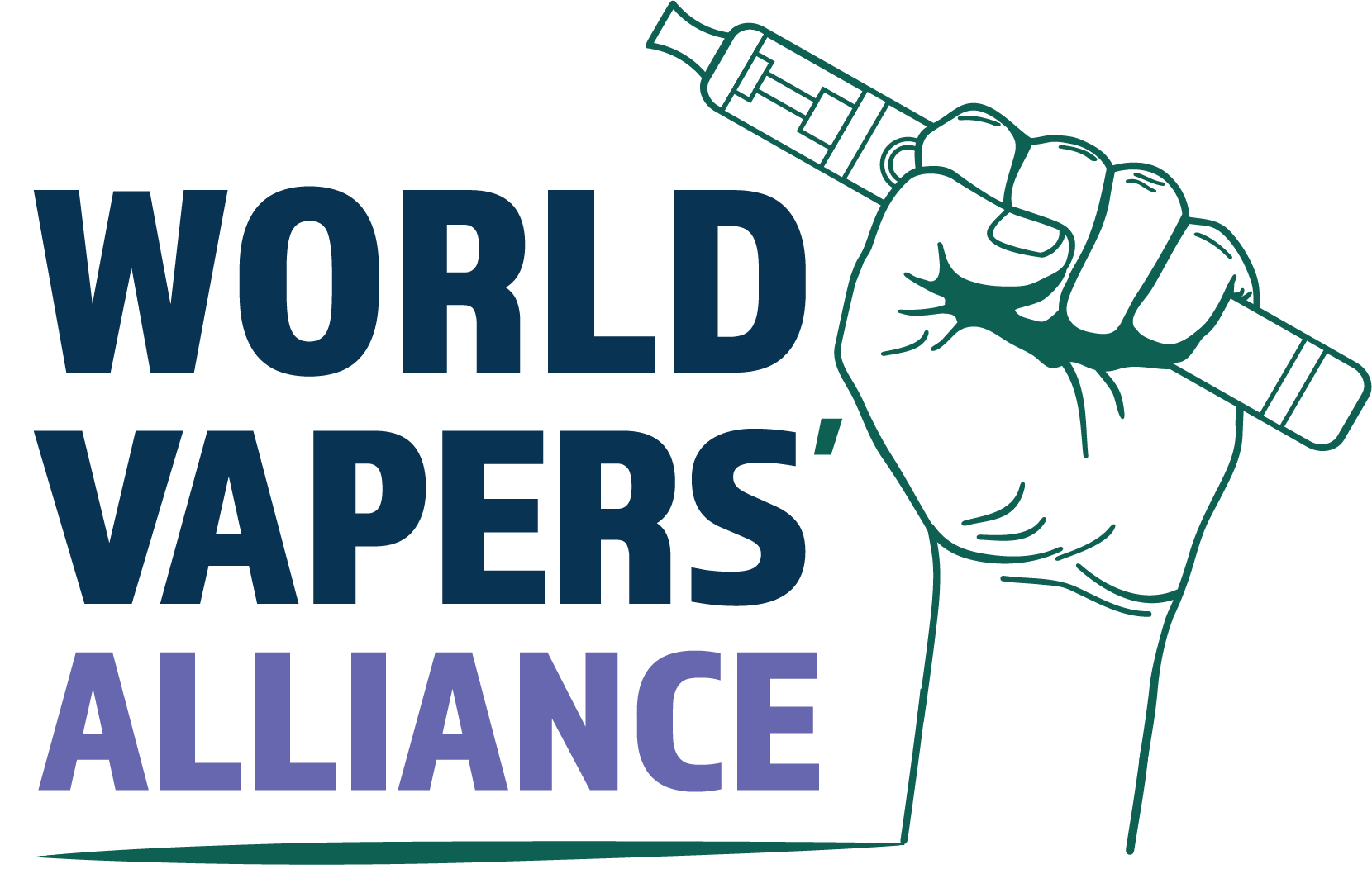What does the substantial decline in cigarette sales mean for tobacco farmers in Africa? Worldwide,
smokers are shifting to vaping, heated products, snus and other safer nicotine products. Safer
alternatives are causing a reduction in demand for tobacco. Several Africa countries rely heavily on
tobacco farming.
Five countries in Africa are among the top 20 producers of tobacco leaf in the world: Malawi (6th),
Tanzania (8th), Zimbabwe (9th), Zambia (16th) and Mozambique (17th).Most of the tobacco growing
countries in Africa are among the world’s poorest countries. The countries view tobacco leaf export as
an important source of income, and as a means to alleviate poverty. African countries produced 650,000
tons, or 8.7% of the world production of tobacco leaf in 2012, compared to 440,000 tons or 7.3% in
2003. Total area harvested for tobacco in African countries increased by 66% and output increased by
48%. In this same period, area harvested for tobacco in the United States decreased by 18% while
production decreased by 5%. For Europe, the decrease is 40.4% in the area harvested and 43% in
production.
Tobacco leaf exports in these five countries play an important role in their export trade. Tobacco leaf is
the top agricultural export for Malawi, Zimbabwe and Mozambique. It ranked as the 2nd agricultural
export in Tanzania and 3rd in Zambia. In Malawi, one of the most heavily tobacco-dependent economies
in the world, tobacco accounts for over 60% of the country’s total annual earnings, and accounts for
13% of the economy as measured by the GDP. In Zimbabwe, tobacco leaf accounts for 22.64% of total
exports .In Mozambique, tobacco accounts for 7.8% of total exports.
These countries are facing a bleak future, now that the industry is shifting to a smokeless future. As
much as a decline in smoking is good for public health, there will be dire consequences for countries
that rely heavily on tobacco farming. Tobacco farmers need to be prepared for an era of significantly
reduced demand for tobacco. The W.H.O F.C.T.C’s treaty specifies that signatory countries should
promote economically viable alternatives to tobacco for farmers; to reduce the amount of land
cultivated for tobacco leaf; and to protect the environment and health of farmers. They however, fail to
promote viable alternatives for these famers.
In many tobacco growing countries, tobacco growing affects food production. According to the 2013
Global Hunger Index developed by the International Food Policy Research Institute, Zambia (with a score
of 24.1), Mozambique (with a score of 21.5), and Tanzania (with a score of 20.6) fall into the “alarming”
category. Zimbabwe and Malawi, with scores of 16.5 and 15.1 respectively, fall into the “serious”
category of the index. Just as increased tobacco growing conflicts with objectives of self sufficiency in
food production in many African countries, a reduction will see the opposite begin to happen.
Both the W.H.O F.C.T.C and tobacco companies are mandated to assist tobacco farmers’ shift from
tobacco growing to other viable alternatives. If the war on smoking is to be won, we cannot overlook
farmers. Economically sustainable alternatives to tobacco cultivation should be made available to these
farmers.




